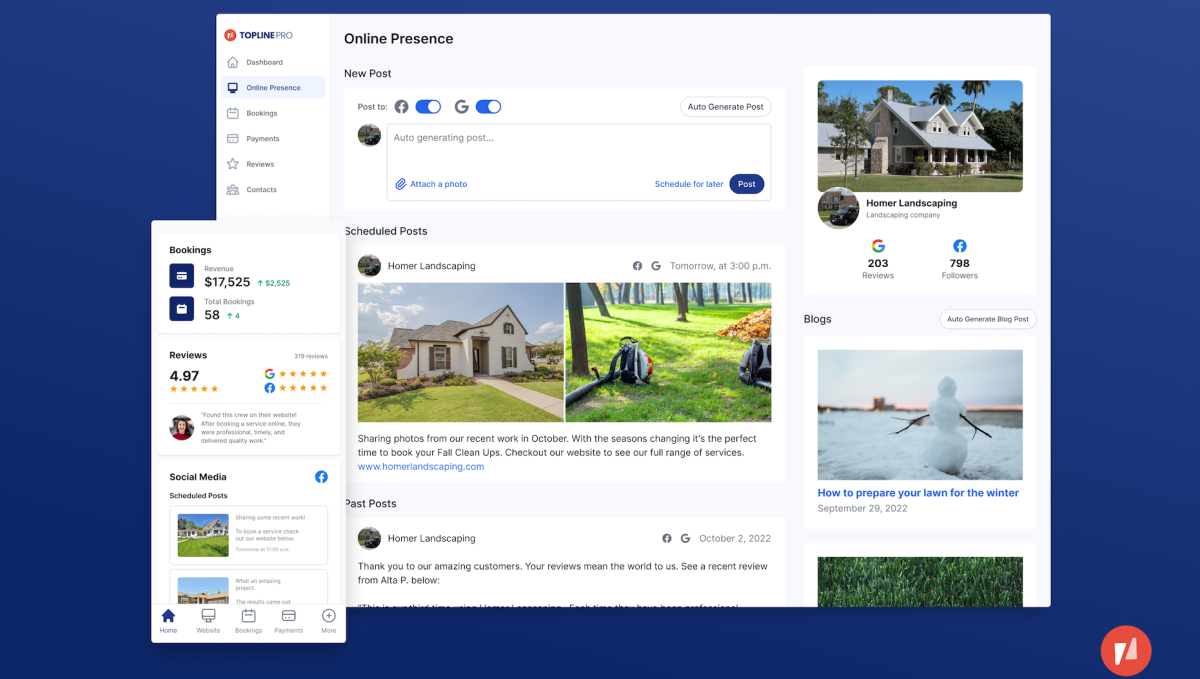These folks are working to bring more diversity to the venture LP investing pool • ZebethMedia
When you think about diversity in the startup ecosystem, one area that could be overlooked is the limited partner pool. These are the folks who contribute to the larger funds or individual investments. They don’t necessarily have the same influence over deals that VCs do, but they are a key piece that provides the cash to grease the startup funding framework. Having more heterogeneity in this part of the system ultimately helps bring more diversity to cap tables. One of the reasons that LPs aren’t more diverse is likely due to the fact that the VC firms themselves typically aren’t. If the partners at investment firms are seeking limited partners, they are probably going to reach out to their own networks, and that tends to be people who look like them and run in the same circles. Since the vast majority of VC partners are white and male, it’s a hard pattern to break. In fact, it takes a concerted effort to get people involved who have been left out of deals in the past. This isn’t just about diversity for diversity’s sake, either. It’s also about wealth creation, who’s being included and who’s being left out. While venture investing often involves many misses, when a deal hits, it can bring generational-changing wealth for the investors who got in early. If the cap table is confined to mostly white men, that leaves out a lot of people who have been historically underrepresented across society. A number of folks with access to deal flows are attempting to change this on their own, some as a side hustle, working to bring in a more diverse set of people to the investor pool. As an example, last year we wrote about Amanda Robson, a partner at Cowboy Ventures, who has started in an informal angel network of women and non-binary folks, who have means but have never been asked to be included in deals before. “I had a number of friends who had recently within the past couple of years become VP-level at different companies, and they had an interest in angel investing, and they had the means to at that point, but they didn’t have access,” she told us at the time. Robson created her network to give the same access that their male counterparts are getting. She has built this network on her own in her free time, because she recognizes the importance of bringing historically underrepresented groups to the cap table. And she’s not alone. We spoke to several folks who are making a concerted effort to get more people involved, some doing it in addition to a demanding full-time job. People with money, but no access There are plenty of people from historically underrepresented groups who have the money to invest, but typically haven’t been asked or don’t know how to go about it. These aren’t just people in the tech industry, either — it’s a variety of wealthy professionals who have been left out of the startup investment process. Shruti Challa and her husband, Patrick Ekeruo, launched Community Growth Capital this year to give people like this access to later-stage deals with the goal of democratizing growth-stage cap tables. This is in addition to their day jobs. Challa is CRO at hospitality startup Sonder, while Ekeruo is assistant general counsel at fintech startup Brex. The couple has been involved in investing on their own, including investments in SpaceX and Robinhood, but they want to create a network to bring in people they know, who have not been asked to be involved in startup investments. “Our goal is to give access to these underrepresented minorities and help them close the generational and racial- and minority-driven wealth gap that exists, even for people at higher [income] levels,” Challa told ZebethMedia. Ekeruo said that there are founders out there who want to diversify their cap tables, but don’t know where to start, and firms like his and Challa’s can help. “There’s a growing chorus that understands that diversifying every piece of the tech ecosystem is important, including the cap table, and we bring our diverse LPs to the cap table and to our growth equity partners, who in turn can offer that to founders who want to diversify their cap tables because they recognize it as a problem,” he said. He says that going for the later stage companies also lets them bring more tangible financials to a new investor than angel investing where you are basically investing in a person or a team with an idea. “When I’m talking to somebody who’s used to doing public company investing, it’s much easier for me to say, ‘Look, this company has a product, has product market fit, they are raising $75 million in order to grow revenue because they expect to go public in four to five years.’” The Cap Table Coalition (CTC) is another group trying to pull in investors that have been historically left out of the investing process. Richie Serna, whose day job is CEO at payments startup Finix, helped build CTC. The network of 775 investors, many of whom are from historically underrepresented groups, grew from his own contacts and exploded from there. The firm helps people get involved by making it possible to write much smaller checks, especially in later-stage rounds. “I think one of the issues is that after the seed round, every investment is probably like a minimum $50,000 to $100,000 to get onto a cap table just because of the sort of administrative work that’s involved. And so by forming one SPV… people can invest $5,000 to $10,000 and start to build a portfolio that way [and we can include a lot more people],” he said. Expanding the pie When you include a wider variety of people in investing, it can impact the entire system from the cap table to the boardroom to founders, executive teams, and workforces, and it can lead to more diverse wealth creation over time because some percentage of

